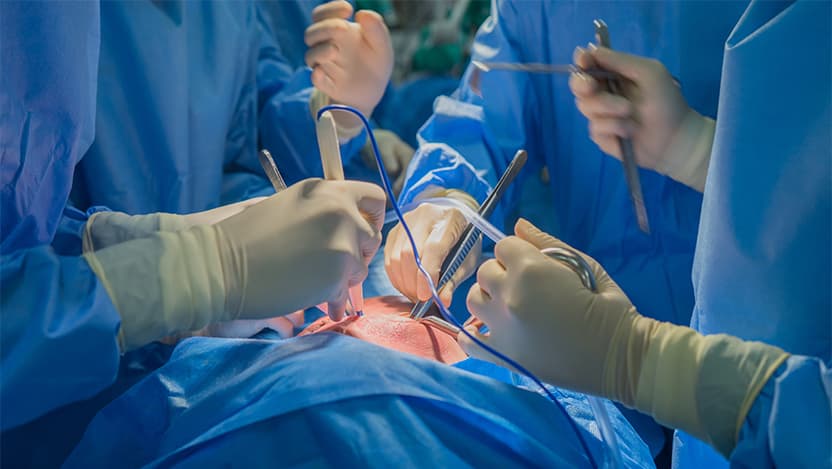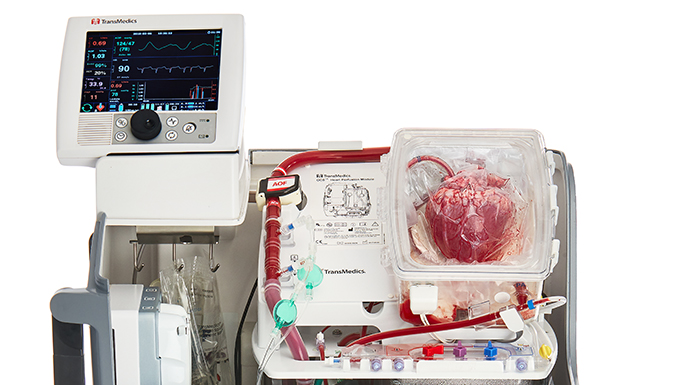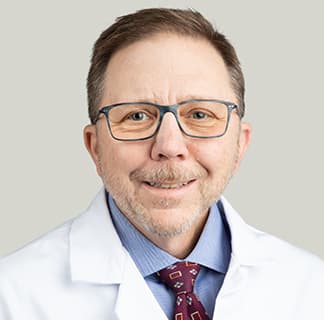UChicago Medicine transplant team performs health system’s historic first DCD heart transplant

The University of Chicago Medicine transplant team performed the health system’s first donated-after-circulatory death (DCD) heart transplant on Nov. 19, 2022. The DCD technique is expected to help heart patients get transplants faster.
Donor hearts are traditionally recovered from brain-dead donors, a process known as donation after brain death (DBD). The donor meets the legal definition of brain death but has a beating heart. The organ is recovered while the donor's circulatory system is intact, which preserves the health of the heart.
In a DCD transplant, a patient may still exhibit brain reflexes, but the prognosis is poor – death is imminent. The family may choose to withdraw life support and allow the patient to pass.
When the heart stops beating, and a waiting period verifies the heart will not restart, the heart is recovered for donation. The DCD procedure allows the family and registered donors to gift more life-saving organs.
The use of DCD organs is trending in the heart and lung transplant fields, according to Christopher T. Salerno, MD, Director of Adult Cardiac Surgery and the Surgical Director of the Heart Transplant and Mechanical Assist Device Program. UChicago Medicine already performs DCD lung transplants.
Using TransMedics OCS Heart technology, the donor heart is kept in a metabolically active state in a portable unit until it can be transplanted.

Advances in technology and recovery procedures have increased the number of DCD organs, according to United Network for Organ Sharing (UNOS).
“This technology allows us to get patients transplanted more quickly, saving lives and ensuring better outcomes,” Salerno said. The UChicago Medicine Heart Transplant Program currently has the shortest average wait time for a heart transplant in the country, 0.7 months compared to the national average of 4.9 months.
UChicago Medicine is one of just 30 of the 147 U.S. heart transplant centers that performs DCD heart transplants. The increase in DCD donations is expected to provide an additional 600 donors nationally per year, Salerno said. Some reports say it can increase the heart donor pool by as much as 20%.
The heart recipient is doing well and living in Chicago while continuing to recover and regain their strength.

Christopher Salerno, MD
Christopher Salerno, MD, is a leader in cardiac surgery and an expert in performing complex surgeries for patients suffering from a wide range of heart conditions.
Learn more about Dr. Salerno
Heart Failure and Transplantation
At the University of Chicago Medicine, we bring the best minds in medicine together to meet the needs of patients facing heart failure and transplant.
Read more about our heart failure expertise